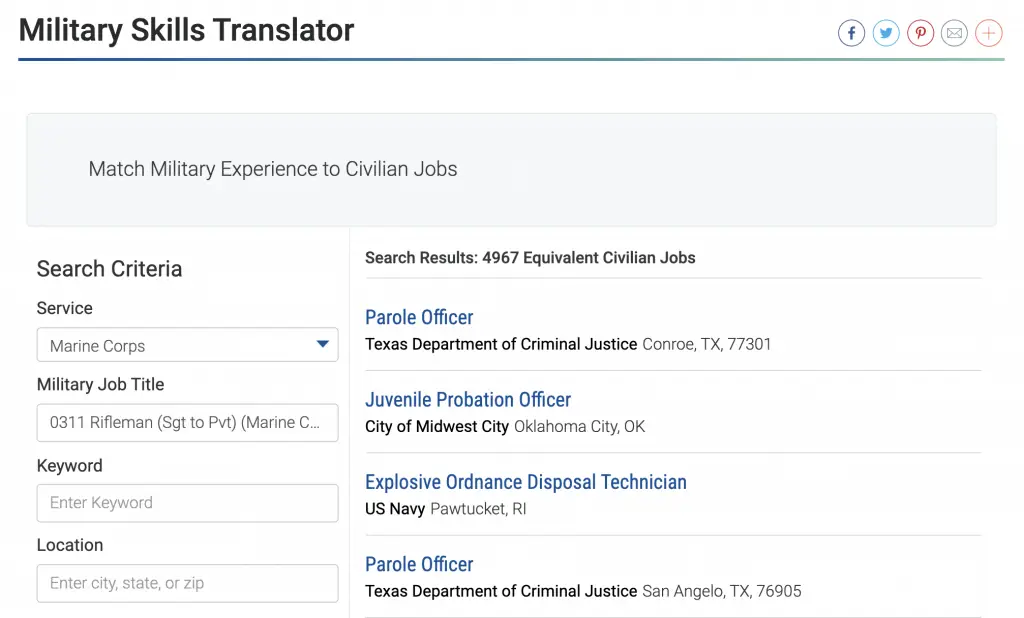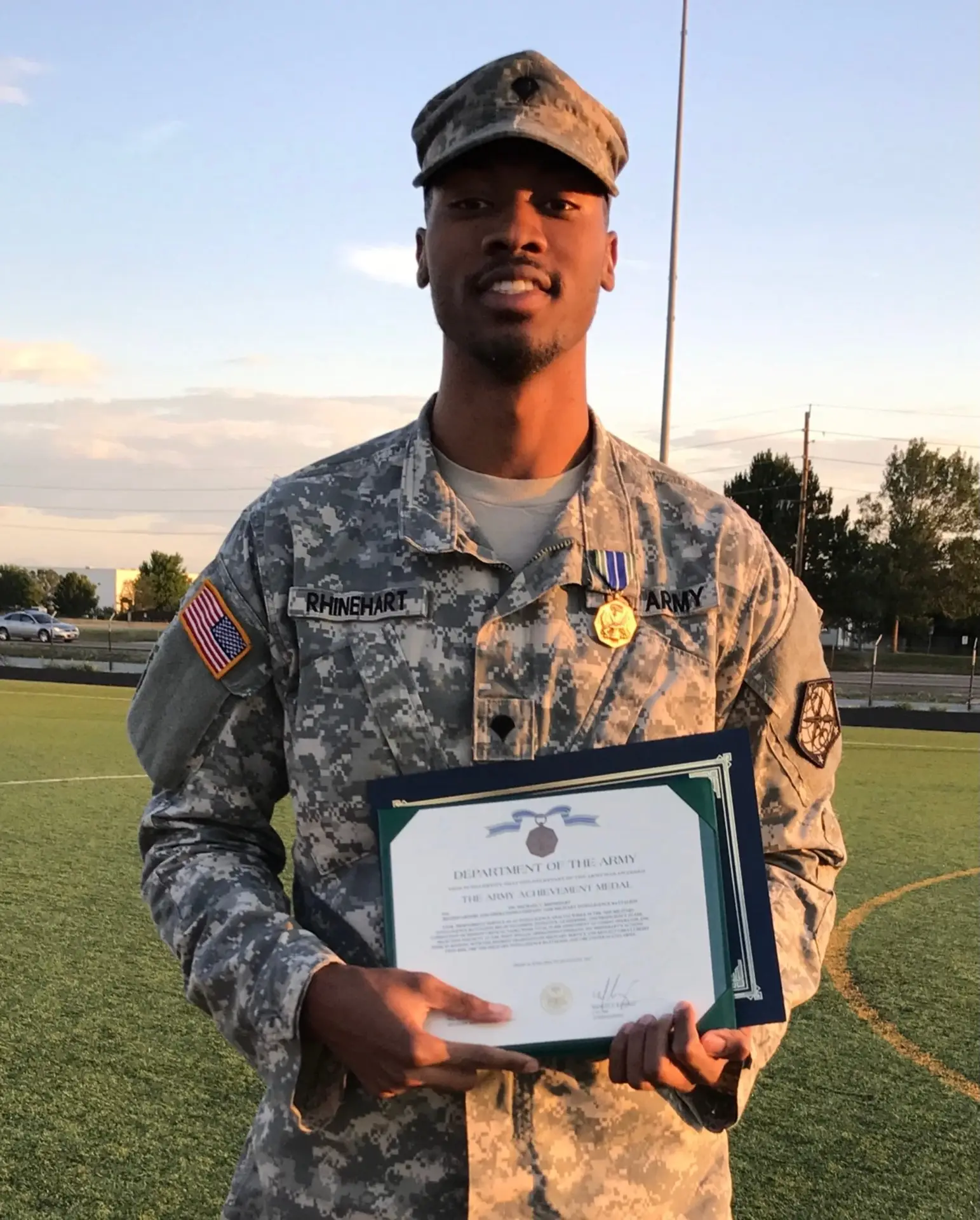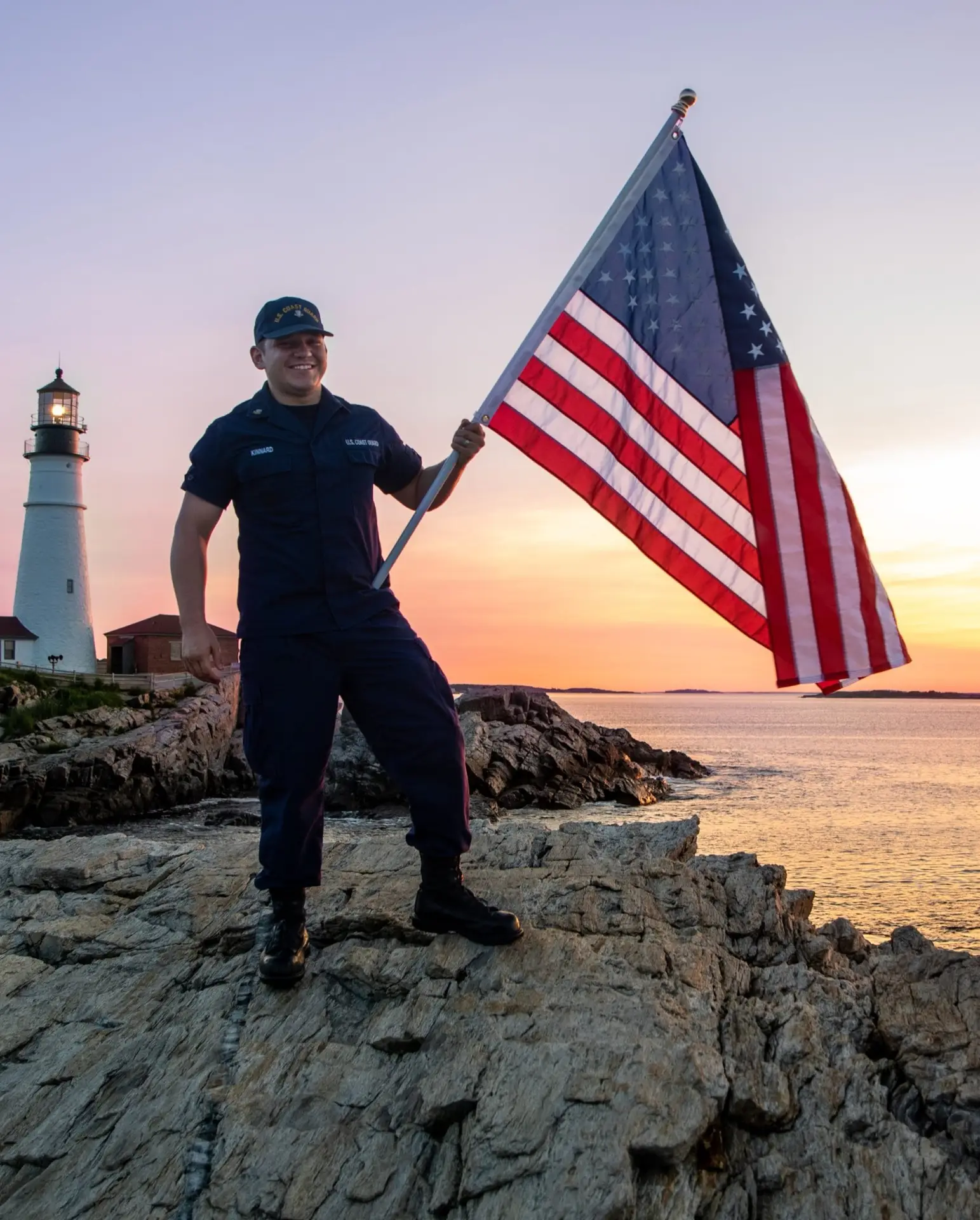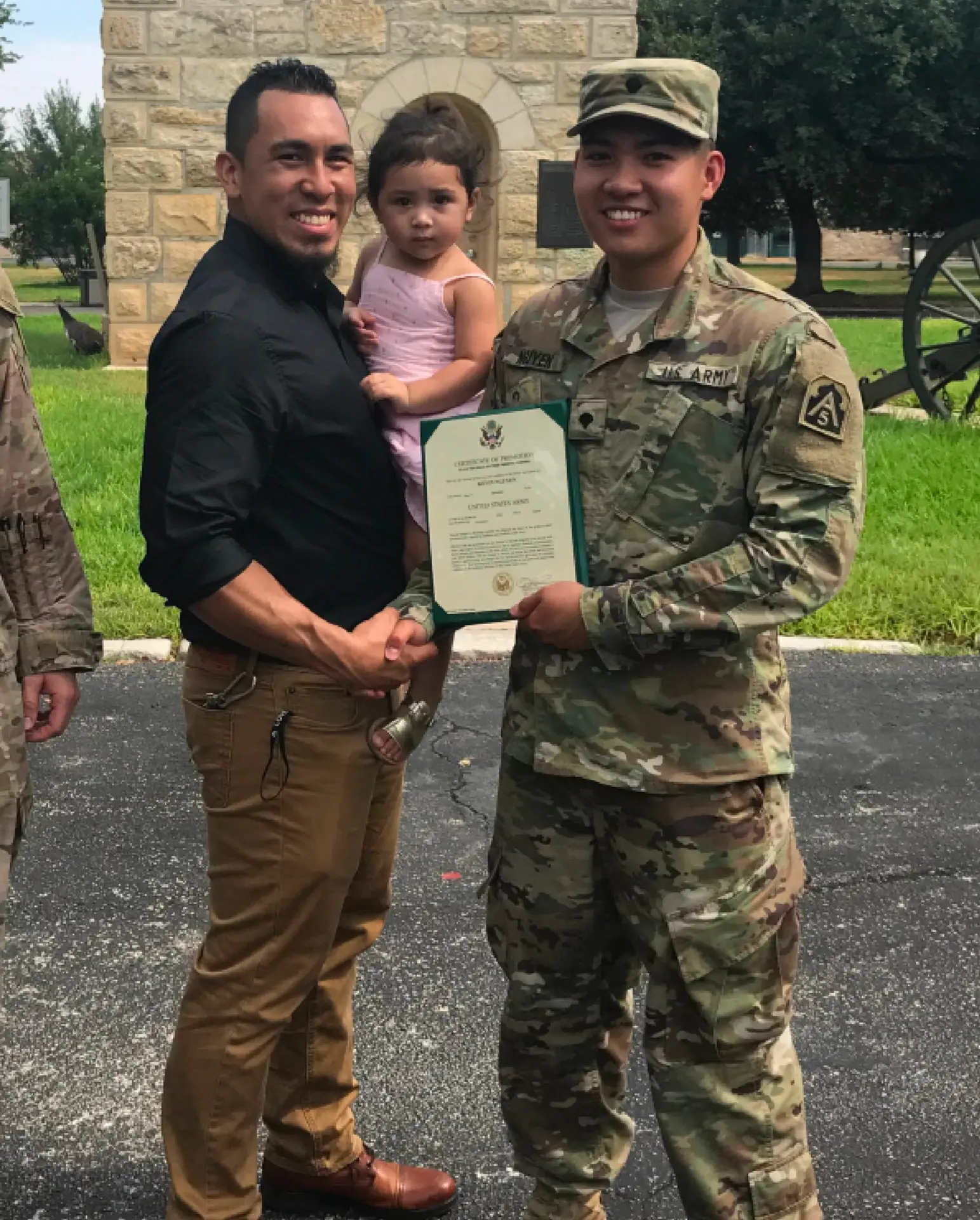On this Veterans Day, NT Concepts would like to extend our heartfelt thanks to all service members, both past and present. Veterans Day is an important time for all of us to take a moment, pause, and reflect on everything veterans have given to the United States.
Breaking down the challenge
Approximately 200,000 men and women transition out of the United States military and into civilian life every year. And today’s job market presents countless opportunities for these veterans. A quick Internet search reveals thousands of jobs that are marketed directly at veterans. And there are just as many programs, companies, and veteran-focused organizations that are willing to assist in this transition. But with so much information available, how does a transitioning service member find the right career for them?

Never stop learning
Michael Rhinehart is a data scientist from Dallas, Texas who has been with NT Concepts for three years. He was formerly a Specialist in the United States Army for four years. Michael knew he wanted to pursue a career in data science, so he began working on his bachelor’s degree in Mathematics before leaving the army. He believes that his time in the military gave him practical knowledge and context of the defense and intelligence communities, while also instilling in him incredible discipline and the desire to never stop learning.
The biggest challenge facing technical solutions companies is this: there is a finite amount of cleared talent in the market, and our talent pipelines are unable to keep up with the demand. This is where providing education and alternatives to the transitioning military community becomes important because countless tech jobs (e.g., data scientists, data engineers, software developers) are available for entry-level and experienced talent alike. A Marine who has an infantry background or an army motor transport driver should understand that they too can have a career in tech. This community isn’t just for veterans who served in highly technical specialties. All that is required is an aptitude for understanding technology and a desire to learn.

The biggest challenge facing technical solutions companies is this: there is a finite amount of cleared talent in the market, and our talent pipelines are unable to keep up with the demand. This is where providing education and alternatives to the transitioning military community becomes important because countless tech jobs (e.g., data scientists, data engineers, software developers) are available for entry-level and experienced talent alike. A Marine who has an infantry background or an army motor transport driver should understand that they too can have a career in tech. This community isn’t just for veterans who served in highly technical specialties. All that is required is an aptitude for understanding technology and a desire to learn.
A penchant for problem solving
Austin Kinnard came to NT Concepts from the United States Coast Guard where he served as an Electronics Technician for 8 years. His began coding on his own while he was still on active duty, and he enjoyed it so much that after he transitioned out of the service, he completed a 3-month coding bootcamp.
Earlier this year, NT Concepts found Austin through an event with his coding bootcamp and brought him onto the team. Austin is currently a Junior Pega Developer at NT Concepts and enjoys being a part of a scrum team where every day he has a different problem to solve.

Partnering for veteran success
To mitigate the barriers—perceived or real—blocking veterans from entering the civilian IT world, NT Concepts focuses on creating strategies to increase our outreach to veterans and veterans’ spouses to help them build new career opportunities. We work hard to cultivate and maintain relations among our talent partners with an emphasis on supporting candidates from diverse backgrounds.
The V3 Program
One of our local partnerships is the Virginia Values Veterans V3 Program. This organization helps us develop and implement long-term strategies and nationally recognized best practices in recruiting, hiring, and retaining veterans. Close to 900 enrolled V3 companies have hired more than 84,000 veterans since the program’s start. Our V3 certification marks NT Concepts as a veteran-friendly hiring organization and gives us increased exposure to over 8,000 transitioning service members, veterans, and military spouses.
Hiring our Heroes
This year we started working with Hiring our Heroes, which offers transitioning service members the unique experience of a fellowship so that they can work inside a company before they’ve officially transitioned. Once they have an agreement in place with their current unit and a company willing to sponsor them, they can spend part of their final six months of active duty working side-by-side with someone in civilian sector. This works well for both the veteran and the company because it allows both to ensure there is genuine desire and match.
There are countless other programs we work with that offer traditional matching services for veterans and transitioning services members and focus on developing entry-level skills. For example, there are nearly 100 coding bootcamps and credentialing programs in the workforce development space. These institutions allow individuals the opportunity to pursue multiple IT certifications, and some allow vets to use their GI Bill to defray costs. Any transitioning service members who would like more information on any of these programs should feel free to contact us for more information
On-the-job training
Kevin Nguyen’s experience from 4 years of service as a Specialist in the Army helped him to meet people from all walks of life and understand new perspectives. His time in the service instilled a strong work ethic and context of the clients that he now gets to work with. Nguyen has been a software engineer at NT Concepts since 2019 and enjoys the company’s value placed on growth. Kevin jumped in with both feet and began on-the-job training, and he found that the comradery and unique culture at NT Concepts made him feel seen, included, and supported.
Earlier this year, NT Concepts found Austin through an event with his coding bootcamp and brought him onto the team. Austin is currently a Junior Pega Developer at NT Concepts and enjoys being a part of a scrum team where every day he has a different problem to solve.

Some final advice
I encountered the same challenges veterans face today when I retired from the Marine Corps over seven years ago. It’s a difficult transition for anyone who has served. Some people may know exactly what they want to do and already have a career lined up. However, for most of us, there is a tremendous amount of trepidation and uncertainty. Most service members know the intangibles that they bring to the workforce (e.g., work ethic, leadership, teamwork) but struggle to translate that into a meaningful career search.
It’s time to break the old paradigm—for both companies and veterans alike — and help veterans begin their next phase of service to our nation solving our increasingly difficult technical problems.
